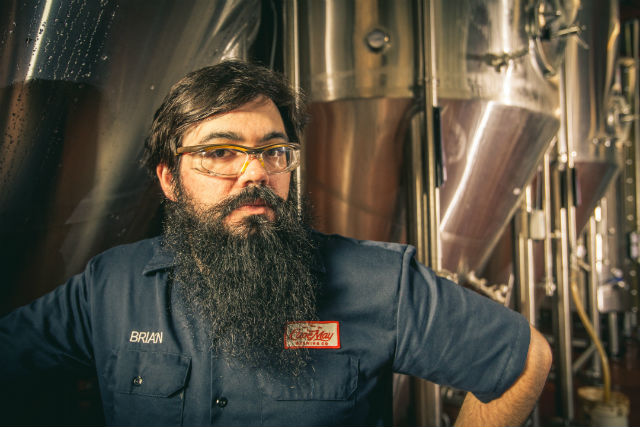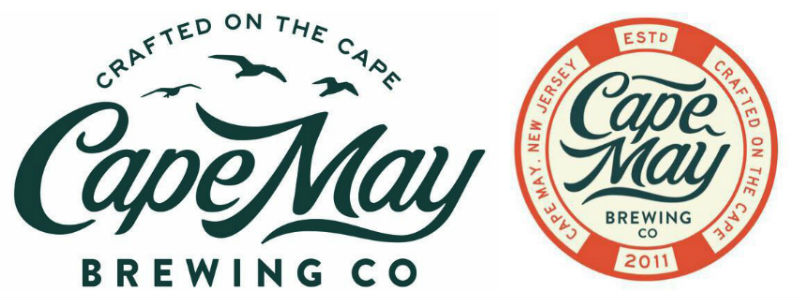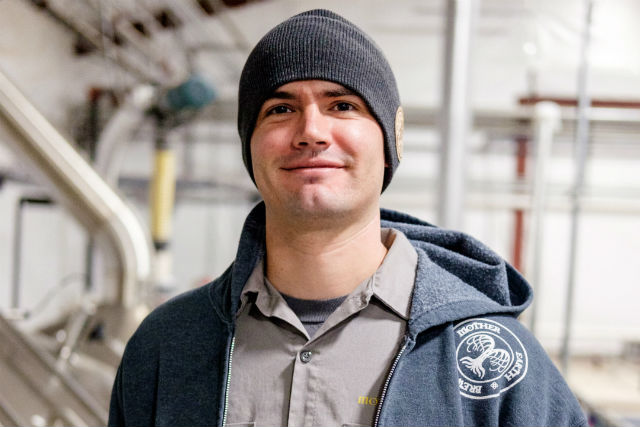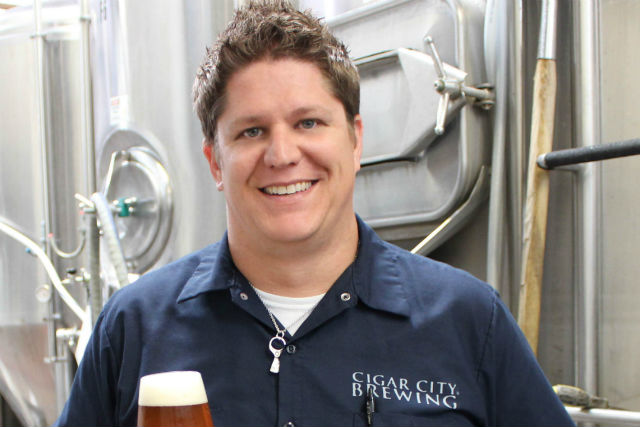
This is a part of a continuing series of Q&As with brewers from across the U.S.
Brewer Magazine will share business and personal insights from Brewmasters, Head Brewers, Brewing Managers and others each weekend to help you, a fellow brewer, Brewmaster or brewing manager get to know each other better in the industry and learn more to better develop your own brand.
Brian Hink, Head Brewer, Cape May Brewing — Cape May, New Jersey
BREWER: What is a lesson learned within your position that sticks with you to this day?
HINK: That quality has to come first. Sales have their demands, and production will do what we can to help make all of our lives easier, but the one thing we can’t do is put out a faulty product. If we let quality suffer we’re as bad as a week old IPA (insert snarky joke about IPAs shelf life here).
BREWER: Who is your mentor in the industry and why? What have you learned from them?
HINK: Chris Henke, co-owner of CMBC/resident engineer/MacGyver. Chris was pretty much the entire production team at Cape May Brewing Company when I started, and he took me under his tutelage and taught me everything he knew about brewing. To this day, I still learn new things from him almost every day and is probably the smartest person I know. Without Chris, CMBC wouldn’t exist, and if somehow we did, we’d be a shell of ourselves.
BREWER: What have you added to your brewery lately that’s unique or making your business more successful?
HINK: As Head Brewer I’m constantly looking for ways to improve our beer — whether it’s tweaking existing brands or coming up with new and exciting offerings. I also work very directly with our Lab Manager Lauren and Lab Tech Matt on all things quality related, including but not limited to monitoring yeast health and generations: When do we need to propagate a new generation? How far can we stretch the current strain?, etc. Working to troubleshoot packing line issues like high TPOs and monitoring our packaged beer library, monitoring core brands for potential flavor drift vs true-to-brand, and countless other day-to-day QA/QC checks.
BREWER: In today’s business climate for craft beer, how will your brewery grow?
HINK: We’ve put a big focus on quality, constantly reinvesting into quality control measures and lab equipment, but more importantly — personnel. A year and a half ago, I was justified needing a lab tech, now we have two dedicated full-time lab techs and could probably justify adding another one or two in the next year as we continue to grow.
BREWER: What sort of innovations in craft beer excite you?
HINK: Juicebombs and Pastry Stouts. Shortly after getting into craft beer I got into homebrewing, and my favorite thing about homebrewing was the no-rules approach. My second-ever homebrew was an Imperial Black IPA “dry-beaned” with a bunch of coffee, and it was unlike anything I had ever tried before. That’s exciting: the great unknown, the what ifs, the let’s throw shit at the wall and see what sticks. And that’s still my favorite thing about the craft beer industy: that we’re not afraid to try things out and take risks.
BREWER: If you had one strategy that you could implement to better the craft beer business, what would it be?
HINK: To combine the importance of putting quality first while maintaining the childish exuberance that got all of us into brewing in the first place. That’s the uniqueness of my position: I work directly with our QA/QC team to ensure our beers are at the highest quality possible, while also working on cocktail-inspired beers or crazy adjuncted IPAs.
Do you want to have a member of your brewery featured in a Brewer Magazine Q&A? Email Brewer Magazine Editor Jon Sicotte for details: [email protected].






Terrific article from an amazing brewer! So knowledgeable about craft beers!